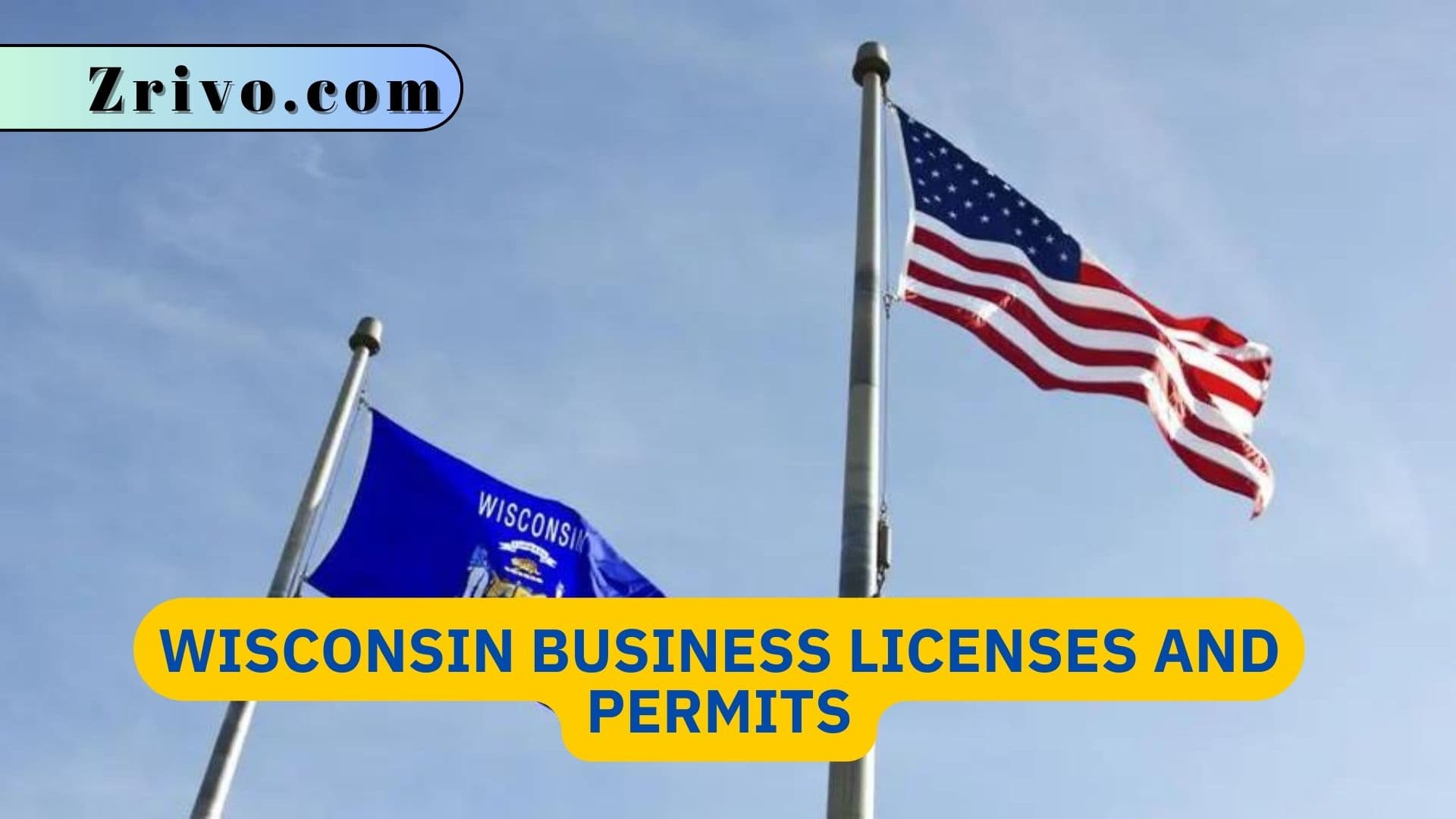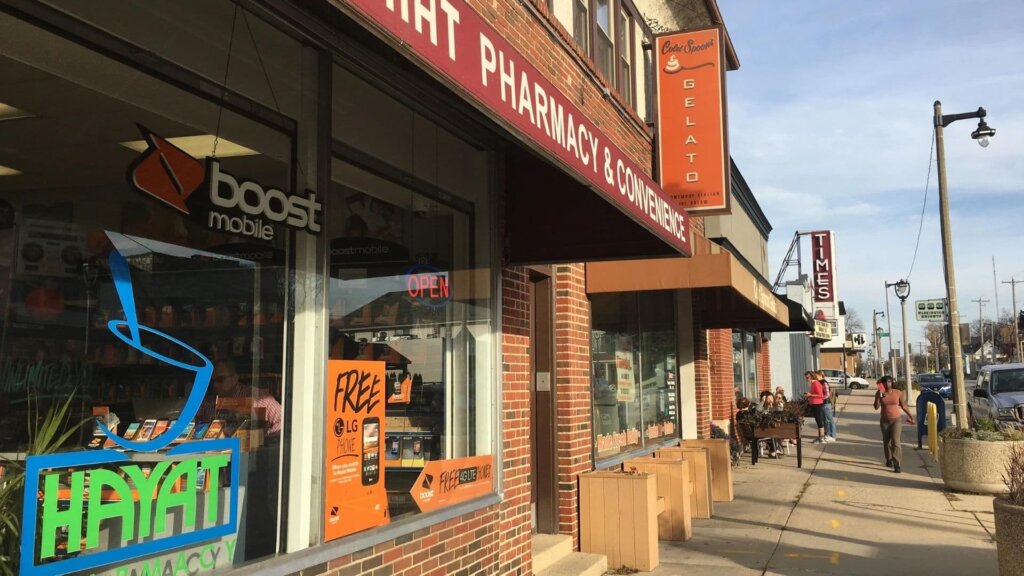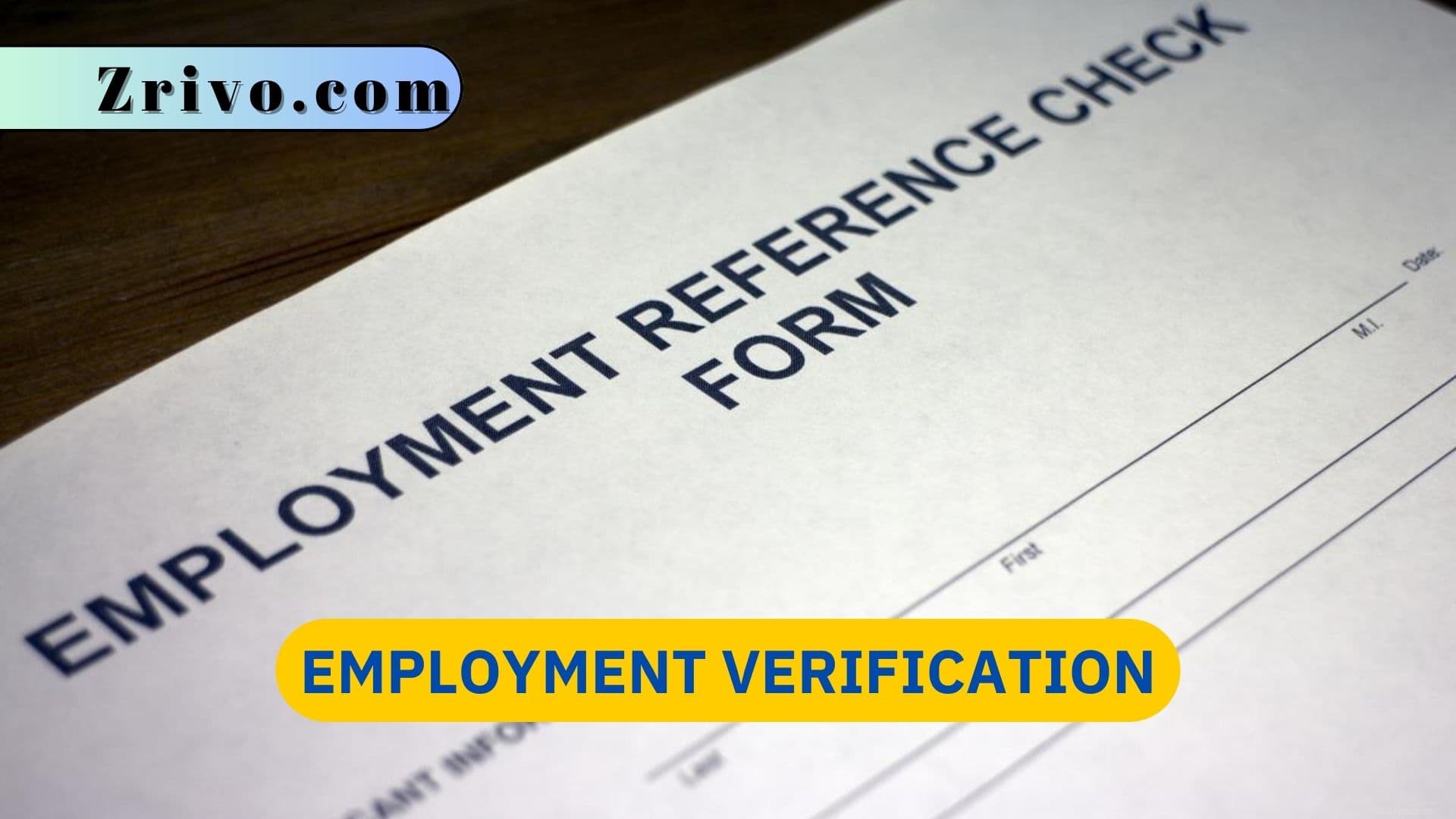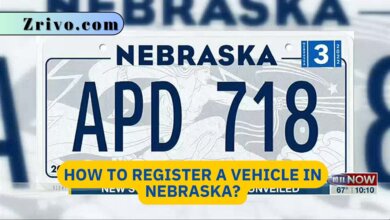Wisconsin Business Licenses and Permits
When starting a business, it is important to understand the licensing requirements for your area. There are several types of licenses and permits, including general state, federal, and professional.

When starting a new business in Wisconsin, it is important to consider the appropriate organizational structure for your company. This includes determining whether you want to operate as a sole proprietorship, partnership, LLC, or corporation. A Wisconsin small business development center or a qualified attorney can help you determine the best organizational model for your business.
The next step is to obtain the necessary licenses and permits to operate your company legally in your local area. The Wisconsin Department of Revenue has a one-stop business portal that will guide you through the process of registering your business and obtaining necessary state and local permits and licenses. Some of these are tax-related, while others cover a variety of different business activities.
Some of these permits and licenses require proof of commercial general liability insurance, which covers financial claims resulting from physical injury or damage to property, as well as false advertising or libel. Others require a business permit in certain industries, such as brewing or telecommunications. The requirements for these vary by city and industry.

Understanding Wisconsin’s Licensing System
The key to Wisconsin’s licensing system lies in understanding its tiered structure:
- State Level: There’s no general business license, but most businesses need a Sales Tax Permit to collect sales tax. You can register for this through the Wisconsin Department of Revenue’s Business Tax Registration (BTR) process. This initial registration comes with a modest fee of $20, valid for two years.
- Local Level: Cities and counties have their own licensing requirements. These Municipal Licenses can vary significantly in cost and regulations depending on your location and business type. Researching your specific locality is crucial.
- Industry-Specific: Certain professions and industries require specific licenses or permits issued by state agencies or boards. Examples include cosmetology (Department of Safety and Professional Services), construction (Department of Safety and Professional Services), food service (Department of Agriculture, Trade and Consumer Protection), and healthcare (various boards depending on the profession).





